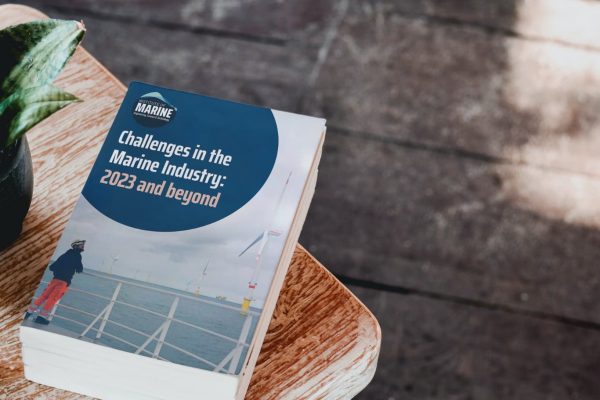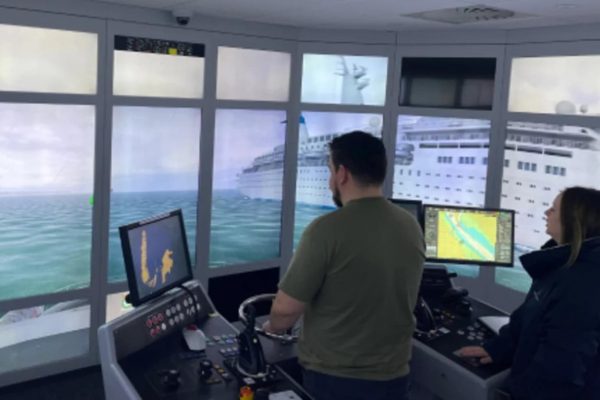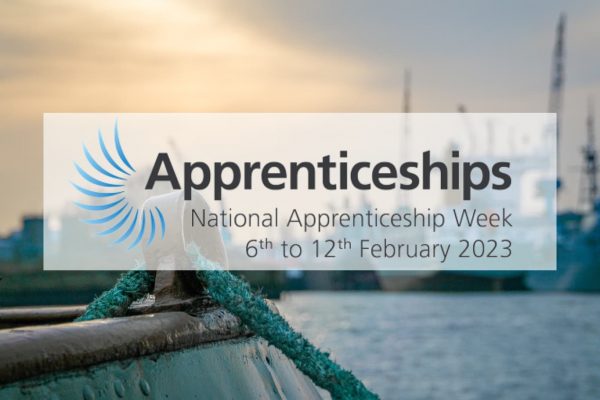The Maritime and Coastguard Agency (MCA) has announced the relaunch of a crucial survey for seafarers post-oral examinations as part of its ongoing efforts to enhance maritime training standards in the UK. This initiative, updated in collaboration with training providers and industry stakeholders, seeks to gather comprehensive feedback from seafarers on their training experiences to shape the future of maritime education.
Every seafarer who completes their oral exams, an essential component of their certification process, will now contribute to the development of training standards by providing insights into the effectiveness of the courses and their overall training journey. The revamped survey, which was distributed starting March 25, aims to capture a holistic view of the seafarers’ training experience, from classroom instruction to hands-on seagoing service.
Ajit Jacob, MCA Chief Examiner, emphasized the importance of this feedback, stating, “The UK prides itself on delivering top-tier seafarer training. By directly engaging with cadets to hear their genuine experiences, we can continue to uphold our high standards and support the maritime industry with well-prepared professionals ready for career advancement.”
The initiative follows recommendations from the Seafarer Cadet Training Review initiated by the Maritime Minister in 2021, reflecting a strategic effort to continuously refine training methodologies in alignment with evolving industry needs.
While the MCA does not directly deliver training, it plays a critical role in maintaining quality standards across training providers through regular audits. The insights from the new survey will be instrumental in these audits, helping to identify areas of strength and opportunities for improvement in maritime training.
This move is part of a broader commitment by the UK to remain at the forefront of maritime education globally, ensuring that its training programs not only meet current industry standards but also anticipate future demands in an ever-evolving sector.




